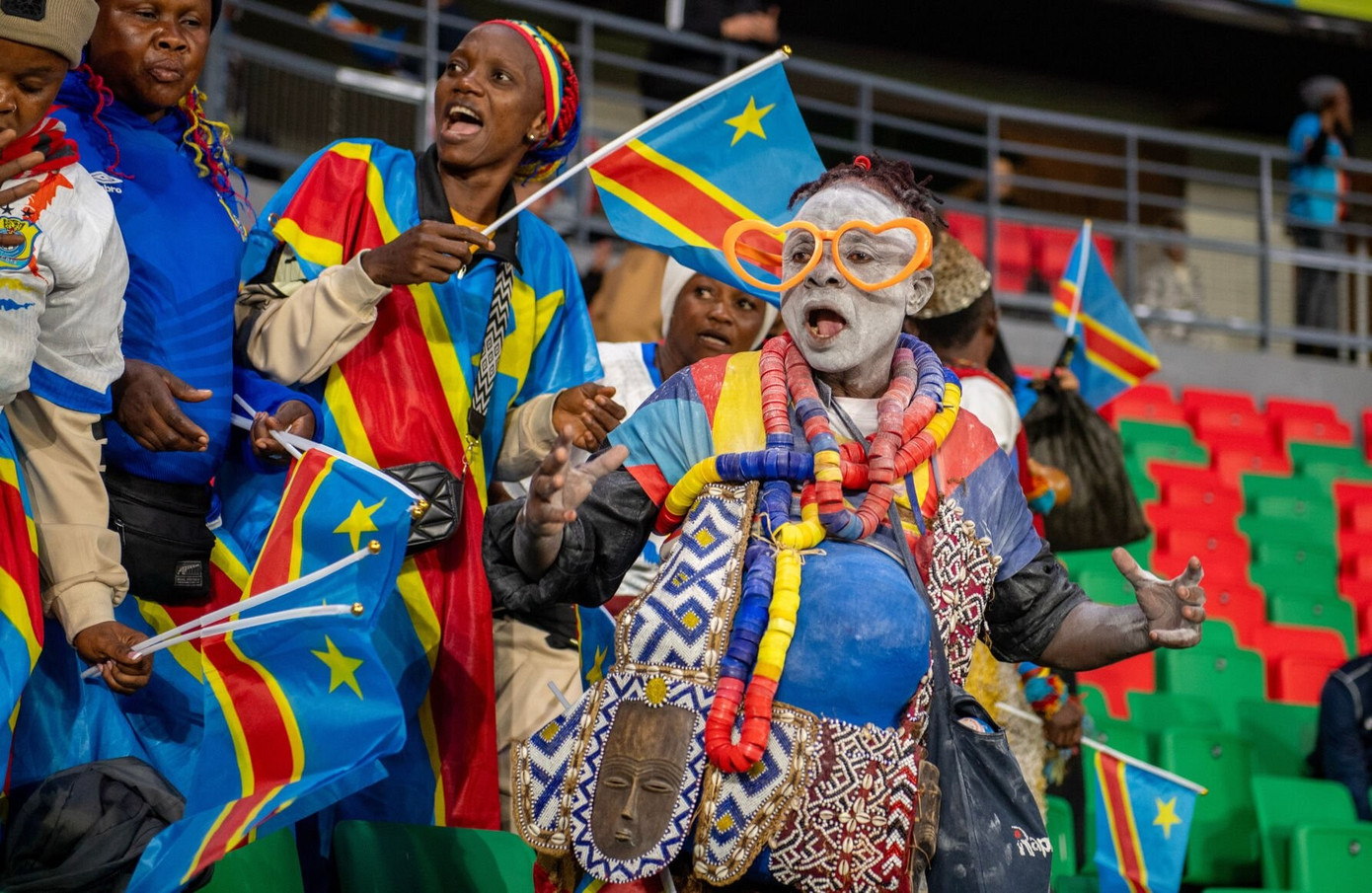
Nigeria head coach Eric Chelle has accused the Republic of Congo of using "black magic" in their penalty shootout victory over his side in the 2026 World Cup African qualifying play-off final.
According to Chelle, before each 11m penalty kick, the people on the Congo side "wave their hands to perform magic" and this was not the first time. "It's like that every time, every match, so I was worried before the match happened. I don't know if they used water or something," Chelle said.
With a 4-3 result (1-1 draw after 90 minutes), the Republic of Congo will advance to the intercontinental play-off round in March next year, while Nigeria will be absent from the World Cup for the second consecutive time. Pained by the defeat and angry because he thought his opponent used "magic", Coach Chelle aggressively took a bottle of water with the intention of attacking the Republic of Congo coaching staff, but was stopped by others.
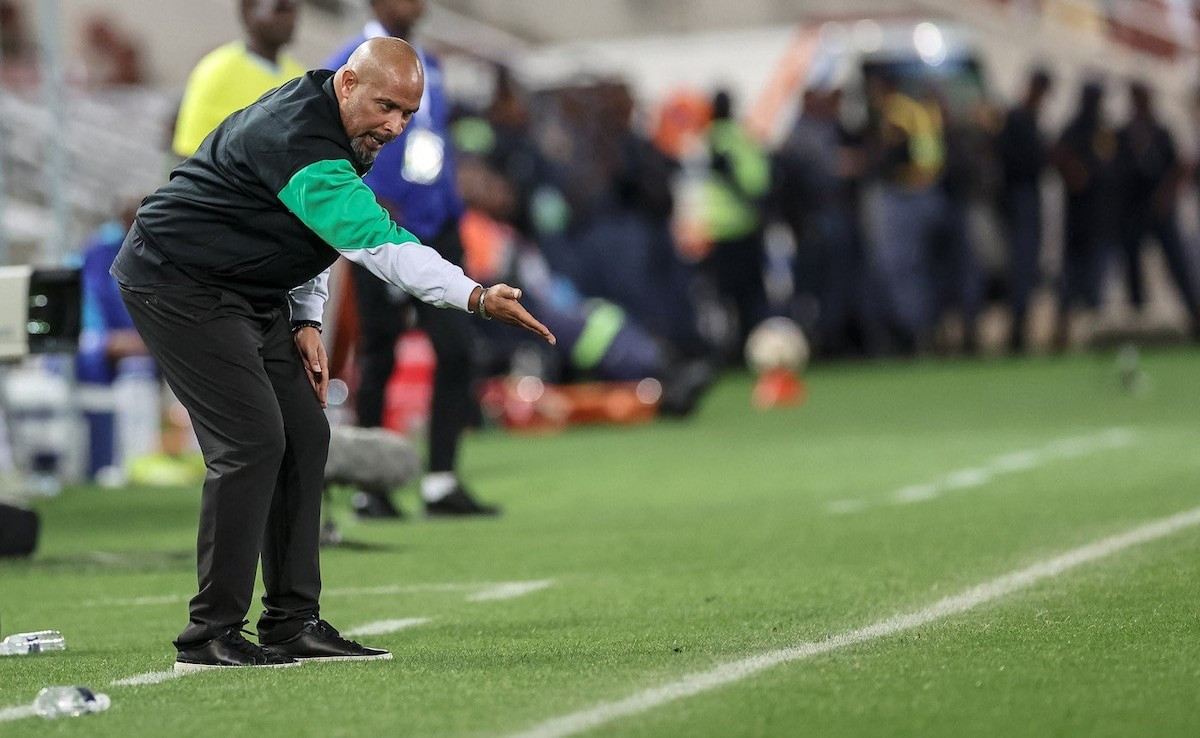
In many parts of Africa, belief in magic and spiritual rituals has long permeated the world of sports . Rooted in ancient African tribal traditions, magic is believed to have the power to influence events, either bringing good luck to oneself or bad luck to opponents. This belief permeates many sports, from football to athletics, where players, coaches and even fans apply it to matches and explain wins and losses.
In Nigeria and many other African countries, athletes often seek the blessings of traditional healers or shamans before competitions. They perform rituals and then receive charms that they believe can improve their performance and protect them from curses from opponents. As the pressures of sports increase, the trend toward spiritual practices is growing.
In 2022, during the second leg of the African Confederations Cup qualifier against Niger’s AS Douanes, players and officials of Nigerian side Kwara United were shocked to see blood sprinkled on the road to the stadium. Then, two men carrying a goat, suspected of being witches, ran towards the Kwara United bus and cast a curse. The Kwara United players were successful in driving them away, and presumably, escaped the witchcraft, eventually overcoming their opponents to advance to the next round.
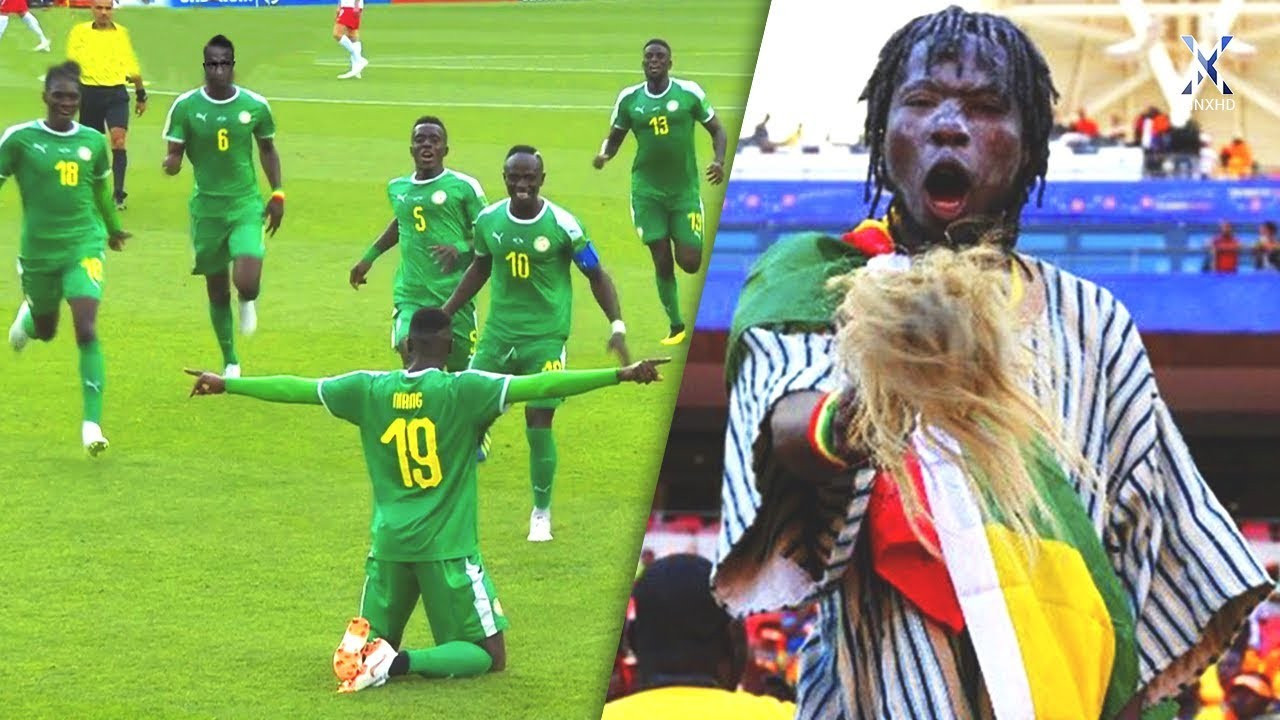
In 2000, after Nigeria beat Senegal 2-1 in Lagos to reach the semi-finals of the African Cup of Nations, a Nigeria Football Federation official allegedly ran onto the pitch to take away a talisman placed inside Senegal's goal.
Before the talisman was removed, the Super Eagles attacked relentlessly but were unable to score. It was not until the match had only 15 minutes left that the talisman was removed and Nigeria scored two goals in a row.
Former Nigerian international Peter Odemwingie once said that at least 70% of players in Nigeria believe in magic, or famous former defender Taribo West admitted that when he was still playing, he always asked a witch doctor to make a talisman to bring with him every time the national team gathered. West also said that many coaches often trust witch doctors more than assistants, so each one will find for himself a famous witch doctor from all over Africa, maybe in Senegal, Burkina Faso or Zaire.
That's why former Ghana coach Goran Stevanovic believes that black magic caused his team to lose the 2012 African Cup of Nations, as players used charms to control each other and compete for starting spots. At the 2020 African Cup of Nations, Zimbabwe coach Zdravko Logarusic accused Cameroon of "witchcraft" before the opening match, then presented evidence of a dead bat.
To be honest, superstitions are something that is very common in the world of sports to bring confidence and improve mentality. However, in Africa, it is raised to the level of superstition and creates endless controversies. Over time, it has become a part of African football, and this is also the reason why African football is hindering the success of the black continent.
Source: https://tienphong.vn/nigeria-cao-buoc-congo-dung-bua-ngai-khien-ho-mat-ve-du-world-cup-va-muon-chuyen-ky-quai-cua-bong-da-chau-phi-post1797160.tpo



![[Photo] President Luong Cuong receives President of the Senate of the Czech Republic Milos Vystrcil](/_next/image?url=https%3A%2F%2Fvphoto.vietnam.vn%2Fthumb%2F1200x675%2Fvietnam%2Fresource%2FIMAGE%2F2025%2F11%2F20%2F1763629737266_ndo_br_1-jpg.webp&w=3840&q=75)

![[Photo] National Assembly Chairman Tran Thanh Man holds talks with South Korean National Assembly Chairman Woo Won Shik](/_next/image?url=https%3A%2F%2Fvphoto.vietnam.vn%2Fthumb%2F1200x675%2Fvietnam%2Fresource%2FIMAGE%2F2025%2F11%2F20%2F1763629724919_hq-5175-jpg.webp&w=3840&q=75)
![[Photo] Lam Dong: Panoramic view of Lien Khuong waterfall rolling like never before](/_next/image?url=https%3A%2F%2Fvphoto.vietnam.vn%2Fthumb%2F1200x675%2Fvietnam%2Fresource%2FIMAGE%2F2025%2F11%2F20%2F1763633331783_lk7-jpg.webp&w=3840&q=75)

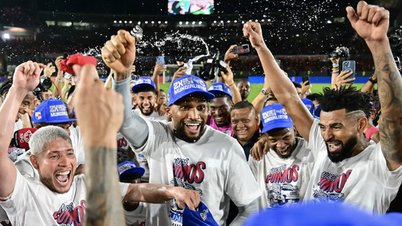

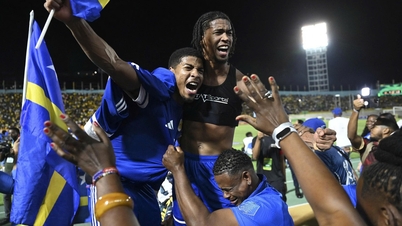

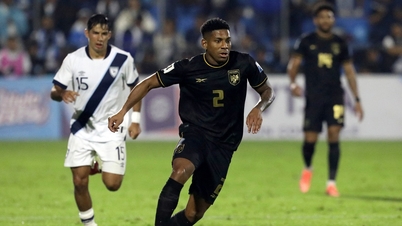


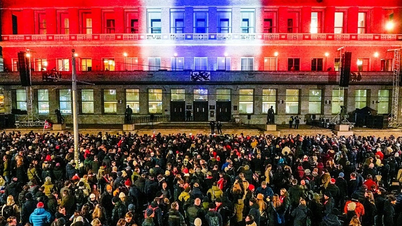






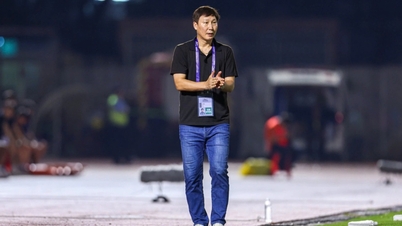


















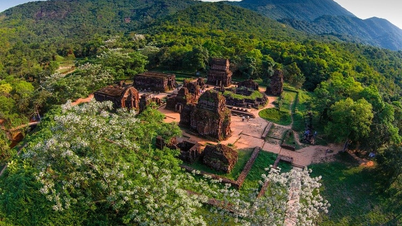
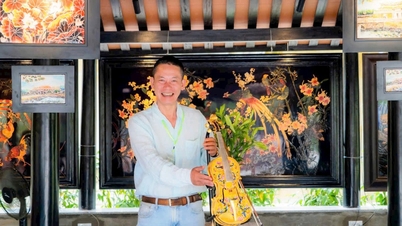























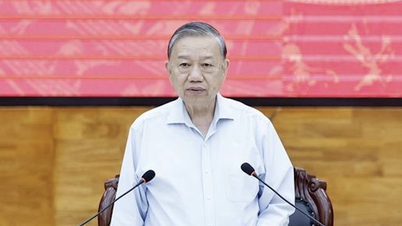






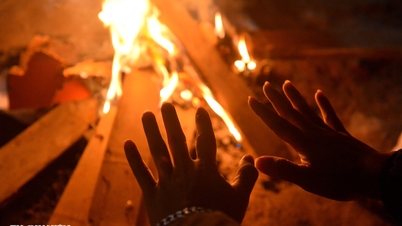







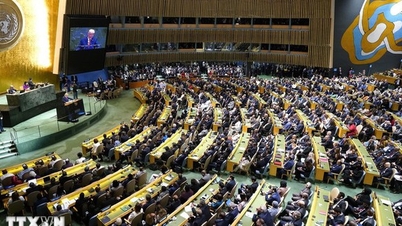


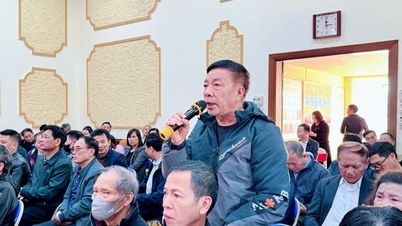

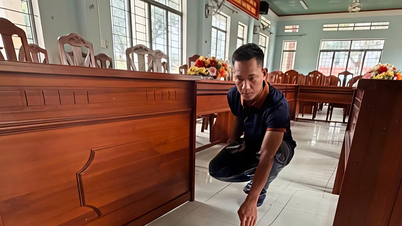




















Comment (0)